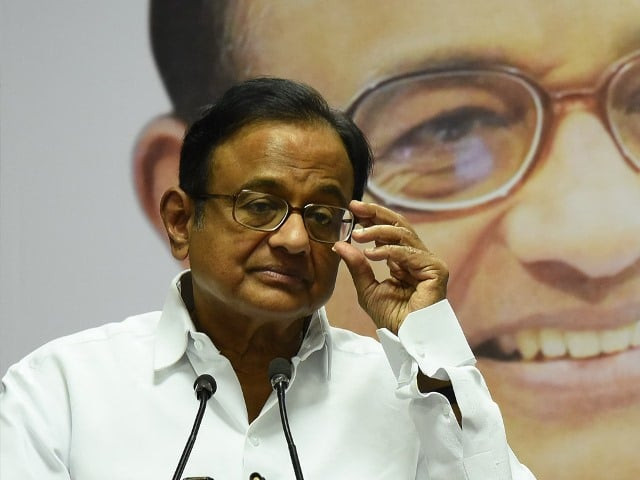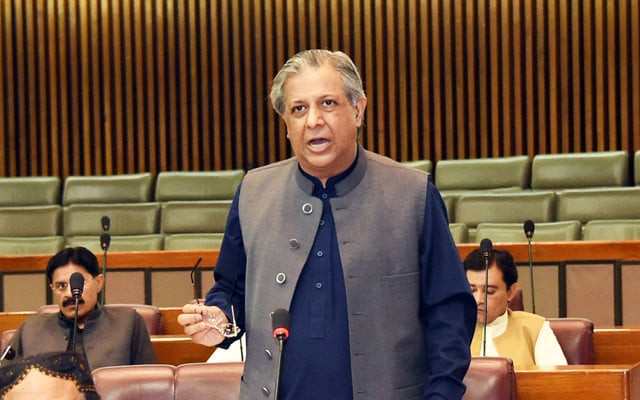The Complex Narrative Surrounding the Pahalgam Attack: A Deeper Dive
In recent weeks, the political landscape between India and Pakistan has taken a dramatic turn, especially following the tragic attack in Pahalgam on April 22, which resulted in the loss of 26 innocent lives. This incident sparked fierce accusations from the Indian government, claiming the attackers were linked to Pakistan. However, the narrative is becoming increasingly complex.
Senior Congress party leader P. Chidambaram has publicly challenged Prime Minister Narendra Modi’s government, asserting there’s no solid evidence connecting the assailants to Pakistan. He questioned why the National Investigation Agency (NIA) has yet to release its findings. This lack of transparency raises eyebrows, especially when the Indian military reported they killed "three foreign terrorists" near a prominent Hindu shrine in Jammu and Kashmir. Yet, despite these claims, details remain murky.
In Pakistan, the narrative differs significantly. State media has accused India of initiating a covert military operation dubbed "Operation Mahadev," alleging it aims to stage fake encounters to mask past military blunders. Reports suggest that this operation could target detainees, coercing them into recording anti-Pakistan statements before labeling them as terrorists.
The stakes are high—both in terms of human lives and international perception. The situation takes on added gravity when you consider the recent military exchanges between the two nations, including India’s missile strikes and Pakistan’s strong retaliation. Each side accuses the other of aggression, leaving civilians caught in the crossfire.
Chidambaram did not shy away from saying that these incidents could be part of a larger strategy to distract from the challenges the Modi government faces, including public dissatisfaction and scrutiny over its handling of military tactics and regional stability.
Human rights organizations are now calling for accountability from the international community, emphasizing the need to investigate alleged human rights abuses in India-administered Kashmir. The fear is that without proper oversight, tactics that violate international law may continue unabated.
In this precarious atmosphere, what can we do as informed citizens? First and foremost, stay abreast of developments through reputable sources. Engage in discussions that matter, advocate for transparency, and support humanitarian efforts that seek to ease tensions in the region.
For those wanting to delve deeper, resources like Pro21st offer insights into international relations and human rights issues. Your engagement can make a difference, fostering a better understanding of complex global narratives. Let’s keep the conversation going—after all, awareness is the first step toward positive change.





